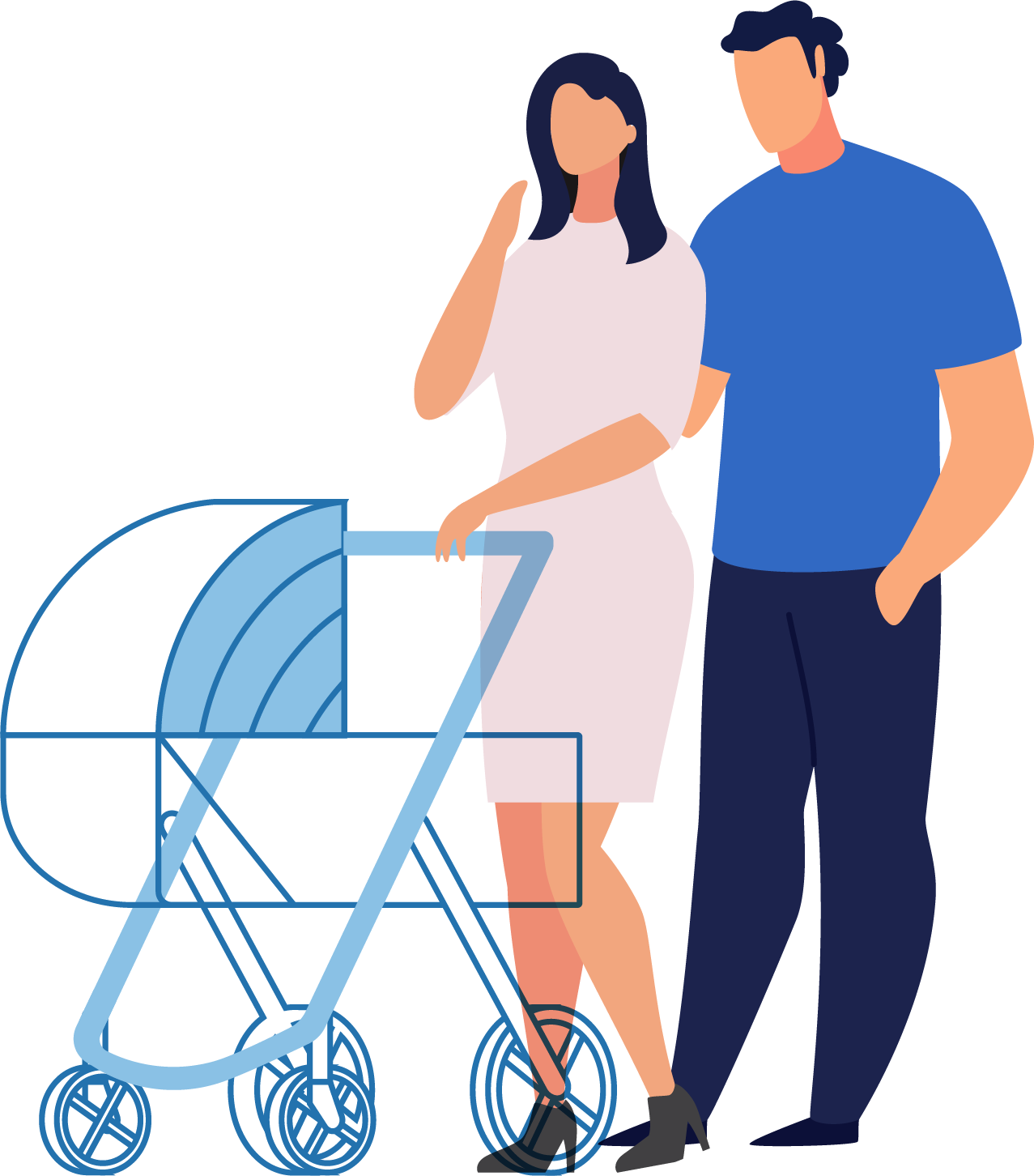Buying and selling new or even used breast pumps is fairly common. Nowadays, most pumps are closed systems (meaning there is a barrier between the pump mechanism and the expressed milk), meaning that buying a used pump is more hygienic than it used to be. Closed system pumps are much safer from a hygiene standpoint than their open system counterparts, which lack this barrier. If you're looking to buy a single part of a breast pump, most closed-system pumps are approved by the FDA as a single-user item, so there shouldn't be a hygiene issue. However, be sure to check this before you go ahead and sell any breast pump parts.
Warranties
Remember that warranties rarely ever transfer from the original owner. Even if the pump being sold is sealed and unused, the warranty still remains with the original purchaser and won't transfer on sale. If you want the protection of a warranty, buy new. Buying an unused pump from a previous owner is a cheaper option as you are no longer covered by the warranty. Although a brand new, sealed pump will be safe to use, you won't be covered by the manufacturer if it breaks unexpectedly.
Don't be tempted to stay in touch with the original purchaser to use the warranty - this is fraud. Many companies' breast pumps are linked to apps, meaning it is very easy for them to track fraud.
Where can I sell my breast pump?
Facebook groups - be wary
Facebook has banned parents from selling breast pumps, as these are considered medical devices, and therefore go against the platform's health care policy. While the policy doesn't expressly mention breast pumps, many posts selling breast pumps have been taken down, as breast pumps are considered medical devices by the FDA.
Facebook groups, even when moderated, are never free from scams. Although many sellers will be reputable, there is never a guarantee that less scrupulous sellers aren't also on the Facebook marketplace. As a seller, consider using a platform that offers higher levels of protection to buyers. Rather than Facebook, consider selling or buying a pump on Mercari - it provides a higher level of protection. There may also be in-person sale events for moms, where you can sell items like breast pumps. When using any online marketplace, be sure to do the following:
- Read the group rules to see if there are practices in place to remove scams
- Check with other group users whether scams/fraud have occurred in the group before.
- Look at reviews and user recommendations of other groups.
Selling pumps vs. selling parts
Individual parts wear out sooner than pump mechanisms generally, and parts can easily become damaged with use. Scratches make sanitation difficult, and some parts are more prone to issues. Hard plastic pieces are often sturdier, whereas silicone parts can wear out sooner, so re-using silicone pump parts is not recommended.
Donate
If you have a sanitized, closed-system pump that you no longer need, consider donating it. Breast pumps are expensive, and many US families can't afford a new one. You can only donate closed-system pumps, as open systems cannot be sanitized. Check with an International Board Certified Lactation Consultant whether your pump would be safe to donate via Freecycle or Craigslist, or other organizations accepting breast pump donations. Also, consider reaching out to charitable organizations, or look for a women's shelter that accepts breast pumps. Only the pump itself, and not any accessories, are safe to donate for hygiene reasons. This is because they come into contact with the mother's milk and can potentially transmit diseases or infections. Even accessories that look clean can carry yeast infections or harmful pathogens. For the same reasons, breast shields, backflow protectors, teats, etc., are unsafe to pass on to another mom.
Alternatively, you can recycle an old breast pump and/or accessories, if you can find a local appliance recycling center that will accept the pump.
Buy
If you're looking to buy a new or used breast pump, make sure you purchase from a reputable marketplace with rules to detect any scams. Certain platforms, such as Mercari, offer greater buyer protection. Ask questions about the pump's use, damage, functionality, and anything else which matters to you as a buyer. Only pay via a secure method (e.g., Paypal), and check that the pump is working when you first buy it. Remember that if the pump stops working, you will have to buy another one - it won't be covered by the warranty, even if it was brand new and boxed. Ask your certified lactation consultant if there is a yard sale they would recommend, either online or in person.
Sell
As a seller, you should ensure the item is fully sanitized, and fairly priced for the amount of use. You should only sell closed-system breast pumps, which are capable of being fully sanitized. If you aren't sure that you can adequately sanitize your pump, check with a lactation consultant before you go ahead and sell.
- Disclose any known issues with the breast pump in your description.
- Take a photo of the pump and post a video of it working. This protects you from buyers who falsely claim an item is defective.
- Use PayPal to protect yourself and the buyer.
- Don't promise a warranty, as this won't transfer to the buyer.
Although it is generally recommended to buy a new breast pump, this isn't affordable for many moms. If a used closed system pump is fully sanitized, it should be safe to sell. Selling a brand new closed-system pump is safe from a hygiene standpoint. However, the buyer should be aware that they aren't covered by the warranty afforded to the original purchaser.
